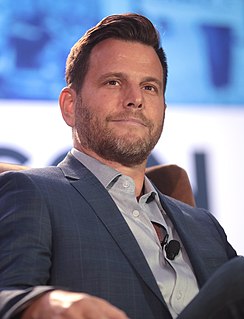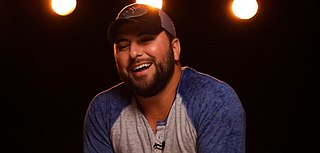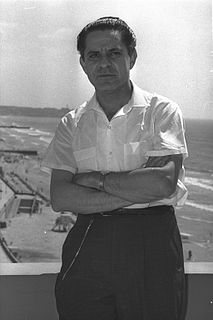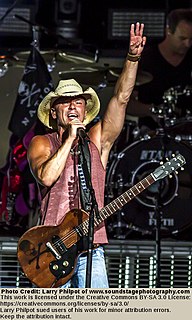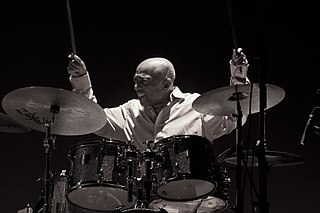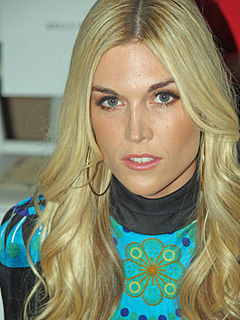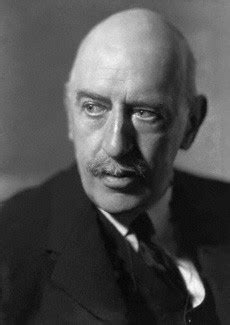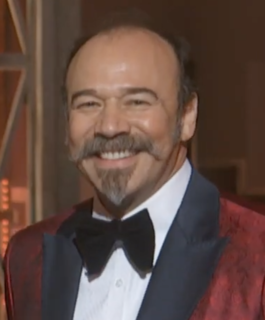A Quote by Franklyn Ajaye
It's better to play to the host as though in a real conversation and let the audience listen in- which they are.
Quote Topics
Related Quotes
This conversation with the audience has been going on since, what, '72, '73... Sometimes it's like a conversation after dinner with friends. You're in a restaurant, and you got there at 8 o'clock. Suddenly, you realize it's midnight. Where did the time go? You're enjoying the conversation. It's sort of a natural, organic conversation.
Performers should realize they not only have to prepare themselves for concert purposes as far as memorizing their programs goes, but for the business of just walking out before the people …. It is important to play before an imaginary audience too. Before I play in public I very often play a program three or four times as though I were seated before a actual audience.
There was a lot that was tricky about playing with [Thelonious Monk]. It's a musical language where there's really no lyrics. It's something you feel and you're hearing. It's like an ongoing conversation. You really had to listen to this guy. Cause he could play the strangest tempos, and they could be very in-between tempos on some of those compositions. You really had to listen to his arrangements and the way he would play them. On his solos, you'd really have to listen good in there. You'd have to concentrate on what you were doing as well.
Visiting a new town is like having a conversation. Places ask questions of you just as searchingly as you question them. And, as in any conversation, it helps to listen with an open mind, so you can be led somewhere unexpected. The more you leave assumptions at home, I've found, the better you can hear whatever it is that a destination is trying to say to you.



